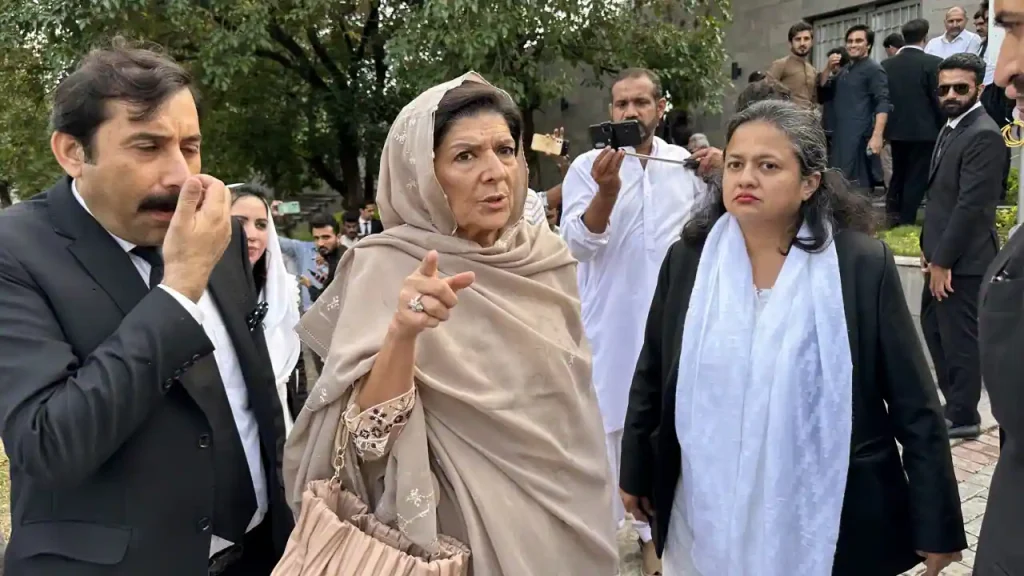A major internal dispute has rocked the Pakistan Tehreek-e-Insaf (PTI) concerning its strategy for the upcoming by-elections. The conflict centers on whether to participate in the polls for national and provincial assembly seats recently vacated due to the disqualification of several key PTI lawmakers. Insiders report that the party’s political committee, in a meeting on Monday, performed a U-turn as a majority of members voted to participate, contravening the firm stance of party founder Imran Khan, who had consistently advocated for a boycott.
The party’s central information secretary, Sheikh Waqqas Akram, confirmed the decision to contest the elections on social media, which immediately sparked a strong backlash from the party’s global supporter base. Akram admitted that he, along with Secretary General Salman Akram Raja and others, were against participating but were compelled to accept the majority’s decision. In a dramatic development following the announcement, Salman Akram Raja declared his intention to resign from his post as secretary general, with the timing strongly suggesting the by-election decision was the cause.
When questioned by media outside Adiala Jail, Imran Khan’s sister, Aleema Khanum, refuted rumours that a heated exchange with her led to Raja’s resignation. She stated, “I had no bitter exchange of words with him. He is our lawyer and like family,” but added that the matter was related to the by-election issue and that questions should be directed to Raja and the political committee. She deflected further inquiry onto the party’s internal processes.
The family’s position was further clarified when Imran Khan’s other sister, Uzma Khanum, interjected to reiterate the founder’s clear instructions. She stated that in their last family meeting, Imran Khan had “very firmly, repeatedly, and clearly said not to contest the elections,” arguing that participation would harm the party’s movement for “actual freedom” and legitimize what they see as illegitimate disqualifications. This public airing of internal disagreements points to a significant strategic rift within the party’s highest echelons.














